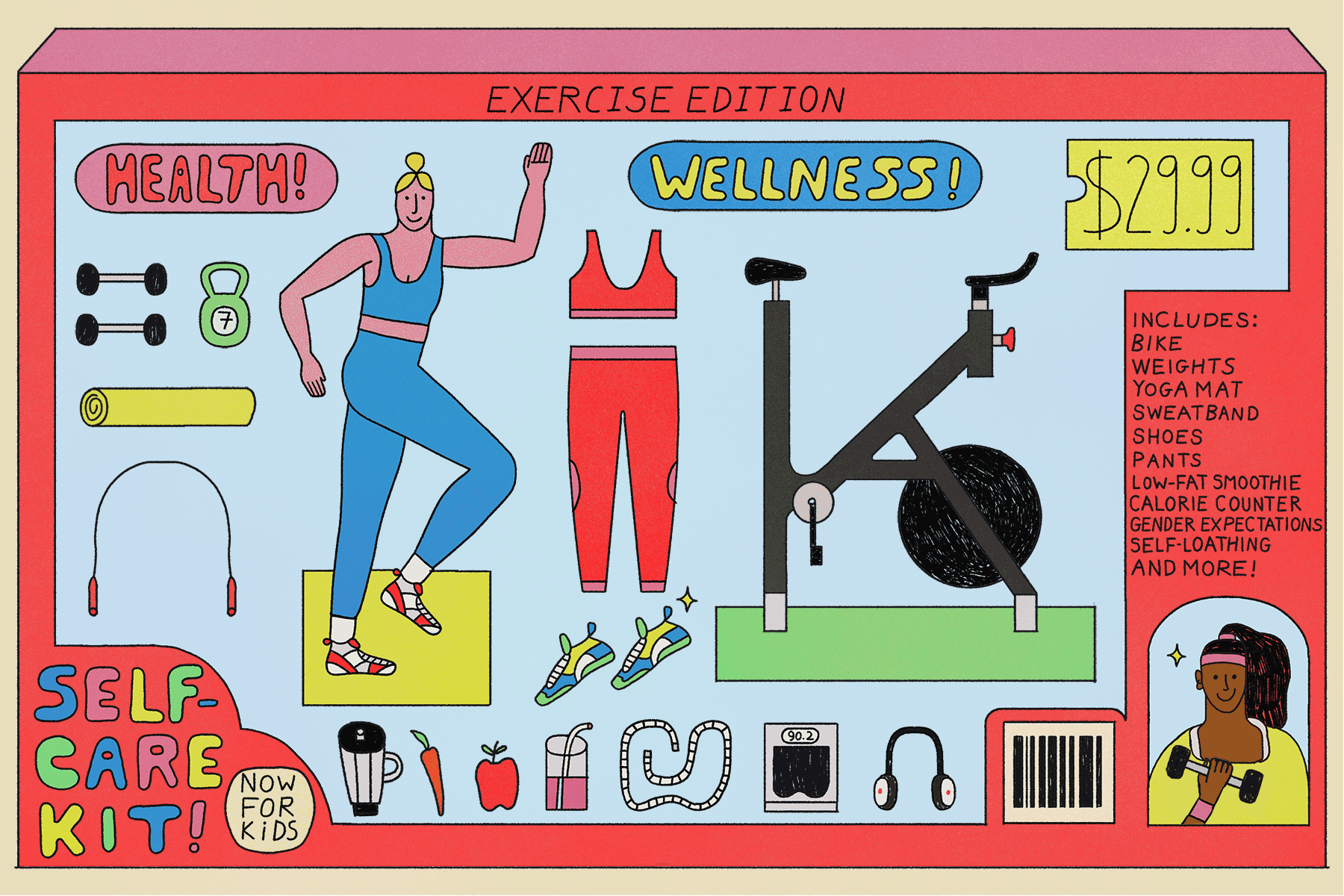10 Commandments for Healthier Kids
- Share via
There are diapers to change and play dates to arrange. Spills to wipe away and fights to break up.
In the chaos of tending to the little challenges of their children’s well-being parents can easily lose sight of the big picture: their children’s overall health.
How can you make jpassage through early childhood healthy? Here’s a blueprint for building a better child.
1. Safeguard your property:
Accidents--such as choking, burns, drowning, falls and poisonings--are the leading cause of death in children older than 1, according to the National Commission on Children. Take time to search your house, garage and yard for hazards. If you need guidance, there are many good books on child-proofing and some local companies will do it for a fee.
2. Provide three squares a day and don’t be a warden at mealtime:
Don’t fret if your child is a picky eater. According to the California Coalition for Healthy Children, the key is to provide three nutritionally balanced meals daily and cut the kids some slack about their culinary preferences.
Children should get to select what foods they want--and how much they want to eat--from the choices offered. “Although all children need the same nutrients to grow and develop, they do not need to eat the same diet,” the coalition states.
3. Stick to the immunization schedule:
More than half of all 2-year-old children are not up to date on their immunizations, according to the California Health and Welfare Agency. With so many shots now required (several have been added in just the past few years), it’s a challenge to keep up. But maintaining a schedule can prevent severe health consequences--and lost school time--for a child who later comes down with the measles or whooping cough.
Ask your pediatrician for a schedule and a card to help you record immunizations.
4. Brush those choppers:
Children should start brushing their teeth as soon as they are old enough to hold the brush. Young children will lack coordination, but have patience and advise them to “make noise on their teeth” with the brush, say the authors of the Your Children’s Wellness Newsletter. Because young children aren’t the world’s most thorough dental hygienists, parents should brush up after them. Only a tiny bit of toothpaste is necessary.
5. Promote good hygiene:
Colds and flu can exhaust parents and make for long, dreary winters for kids--and parents. Infections are inevitable, but colds can be limited by teaching children to wash their hands often, especially after using the restroom and before eating.
If possible, keep your young children out of day-care situations where there are lots of children and poor hygiene policies. Finally, consider flu shots each fall to prevent or reduce the severity of some wintertime infections.
6. Get regular medical checkups:
According to the National Commission on Children, nearly 20% of children in 1990 had no contact with a doctor the previous year. With regular health exams, your pediatrician can best monitor your child’s growth and development--and you can intervene early and aggressively if there is any hint of a problem.
7. Limit couch potato-ing:
Children who watch lots of TV are more likely to be overweight and to experiment with drugs and sexual activity; another study shows that kids who watch TV news can become angry and depressed over what they see. Limit TV to one hour a day or less, monitor the programs and don’t let young children watch TV news at all.
8. Encourage a little sweat:
One of the best gifts you can give your child is appreciation for physical activity. Nationwide, 27% of all children are obese, according to a 1993 study in the Journal of the American Dietetic Assn.; sedentary lifestyle is a major cause. Promote outdoor time by enrolling children in recreational programs. And since studies show that children are more likely to exercise if their parents do, make regular workouts a family goal.
9. Keep smoke away:
Secondhand tobacco smoke is now recognized by the U.S. Environmental Protection Agency as a significant health risk. In children, exposure to smoke can cause an increase in respiratory illnesses--such as pneumonia, bronchitis and asthma--as well as ear infections. Moreover, it can contribute over the long term to lung cancer.
10. Don’t be a stranger to compliments:
There is nothing as important to children’s self-esteem as being praised by their parents, says Douglas Bloch, author of a series of books on parenting, including the new “Positive Self-Talk for Children.” Make your praise specific and unconditional. Point out positive traits often.
“Such unsolicited comments make a powerful impact on the child,” he says. “They enhance his self-esteem and create a reservoir of goodwill that can sustain your relationship during the difficult periods.”
